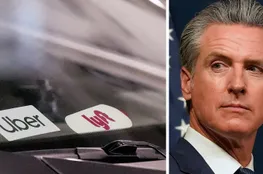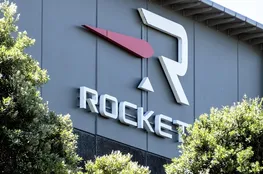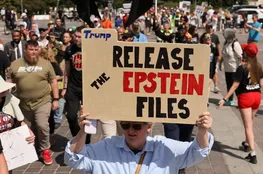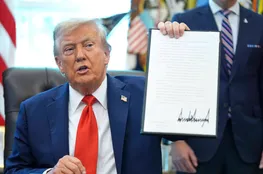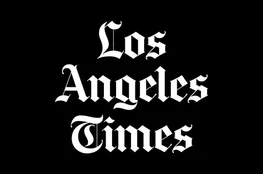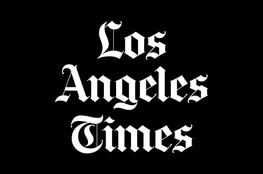Donald Trump's proposed tariffs on foreign goods could inadvertently impact his own business ventures. Newsweek investigations have revealed that products branded under Trump's name, such as those found in Trump Tower, originate from China, Vietnam, and Bangladesh. Items including drinking flasks, jackets, and caps, among others, bear foreign manufacturing labels. This comes in stark contradiction to Trump's campaign promises, which advocate for tariffs as high as 60% against Chinese products, or even up to 2,000% on vehicles. Trump suggests these measures would compel companies to shift manufacturing to the U.S., increasing domestic jobs.
However, economic experts counter this view, suggesting such tariffs would elevate prices for American consumers. Abigail Cooke, an international trade expert, noted that Trump-owned firms would likely transfer these costs to consumers, inflating retail prices. This notion of a price hike is reiterated by Woan Foong, an economist, who argues that while tariffs might entice some businesses to return manufacturing to the U.S., it would ultimately lead to increased product costs.
Sabre-rattling against foreign imports appears part of Trump's broader economic vision. During a discourse at Chicago's Economic Club, Trump linked higher tariffs with the potential for industrial revitalization in America, proposing that eliminating tariffs simply requires relocating production to domestic shores. This approach, though lauded by the Republican National Committee for fostering jobs without triggering inflation in Trump’s first term, faces skepticism from economists who emphasize the potential for consumer price surges.
Political opponents and commentators have frequently highlighted Trump's reliance on foreign manufacturing, both during and after his presidency. Throughout his 2020 campaign, an investigation highlighted that vast numbers of "Keep America Great" merchandise were produced in China. Critics argue this undercuts Trump's proclaimed stance against Chinese economic practices.
The Trump administration enacted notable tariffs during his presidency, including substantial import taxes on solar panels, washing machines, and metals like steel and aluminum. These actions prompted retaliatory measures from international trade partners, contrasting the proclaimed benefits of job creation and investment with lingering trade tensions. As discussions of tariffs persist in American policy dialogue, their implications for both Trump's business interests and broader economic dynamics remain a focal point of scrutiny.


